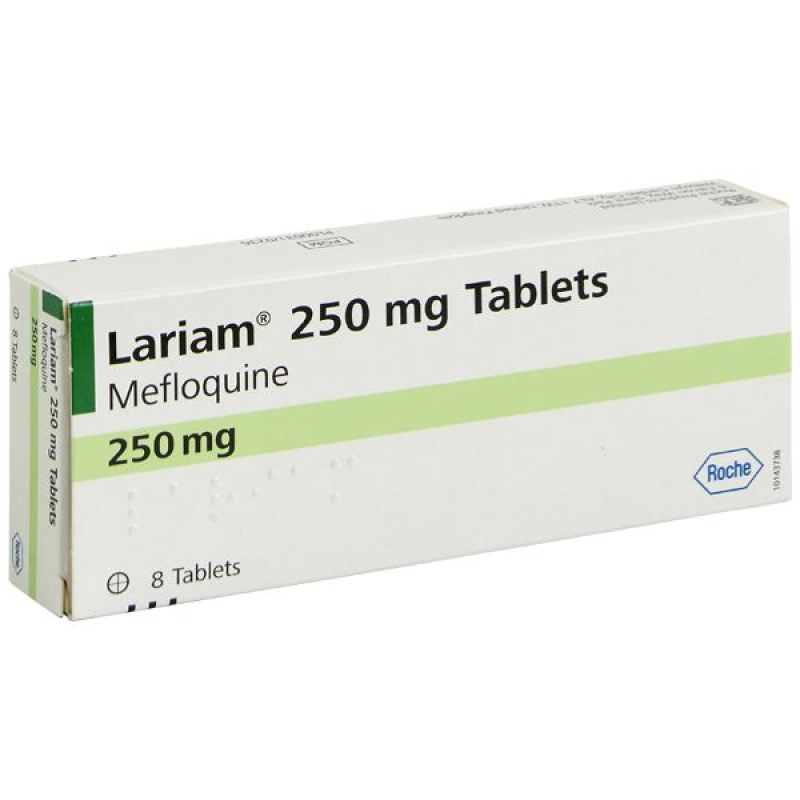Mefloquine Tablets (One Week Travel)

* Images for illustrative purposes only
* Brand supplied may vary depending on stock availability
While You Wait Service Available
While You Wait Service available for additional £3, conditions apply.

* Images for illustrative purposes only
* Brand supplied may vary depending on stock availability
While You Wait Service available for additional £3, conditions apply.
No appointment or long waiting times
Your information always remains private
All our doctors & pharmacists are qualified & based in the UK
Dispensed by our UK partner pharmacies

Choose from our treatment options or speak to the in-store pharmacist for advice

Complete our free online medical consultation to be reviewed by our Clinical Team

We will notify you when your medication is ready for collection
Mefloquine is an antimalarial medication commonly used for both the prevention and treatment of malaria, particularly in areas where Plasmodium falciparum is resistant to other drugs. When used for prophylaxis, mefloquine is taken once weekly, starting 1 to 2 weeks before entering a malaria-endemic region, continuing throughout the stay, and for four weeks after leaving the area to ensure full protection. For treatment purposes, it is usually prescribed as a higher dose over a shorter period, often in combination with other antimalarials depending on the severity and resistance patterns.
Mefloquine works by interfering with the parasite’s ability to detoxify heme, a toxic byproduct of hemoglobin digestion, thereby killing the parasite. It is generally well-tolerated, but some individuals may experience side effects such as nausea, dizziness, sleep disturbances, or neuropsychiatric symptoms, including anxiety or hallucinations, which require medical attention. Because of these potential side effects, it is important to evaluate patients' medical history before prescribing mefloquine, especially for those with history of psychiatric or neurological conditions.
Mefloquine's weekly dosing makes it convenient for travelers, but due to its side effects and contraindications, it is not suitable for everyone. Pregnant women and children under 6 months are generally advised against using it unless specific guidance from a healthcare provider indicates otherwise. Overall, mefloquine remains a valuable option for malaria prophylaxis and treatment in regions with drug-resistant malaria strains, but it should be used under medical supervision with awareness of possible adverse reactions.
Here are the detailed dosage instructions for malaria prevention:
Adults: Take 100 mg once daily.
Start: Begin 1-2 days before entering the malaria-endemic area.
During travel: Continue taking 100 mg daily throughout the stay.
Post-travel: Continue for 4 weeks after leaving the endemic region.
Administration tips: Take with a full glass of water to prevent esophageal irritation. It can be taken with food to reduce stomach upset, but avoid dairy products and antacids near the dose, as they can interfere with absorption.
Missed doses: If a dose is missed, take it as soon as you remember on the same day. If it's almost time for your next dose, skip the missed dose and resume your regular schedule.
Always follow your healthcare provider’s instructions for personalized dosing and check for any contraindications before use.



